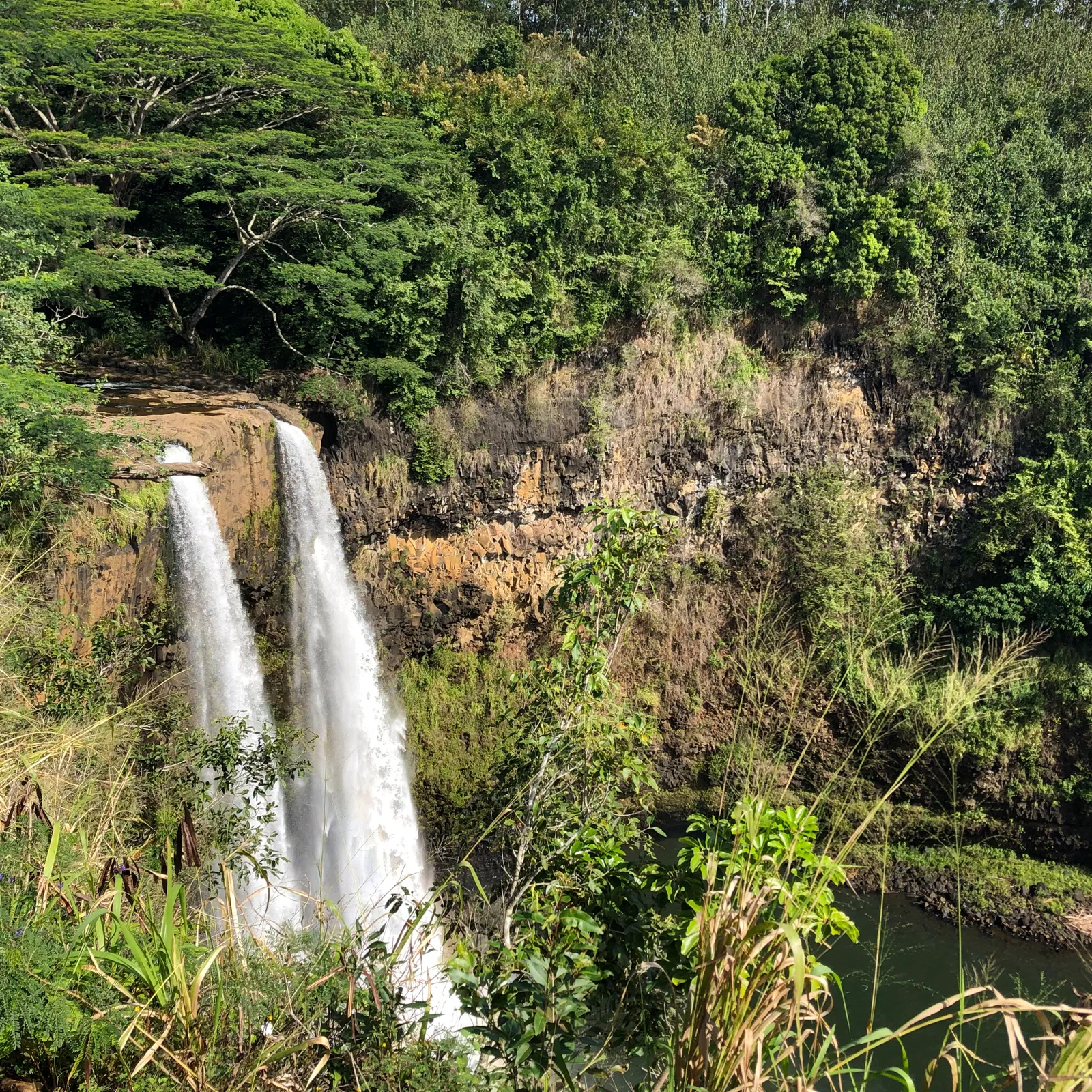I have so many picture books from Africa checked out from the library, and I'm trying to read as many as possible to the class (I recommend that you watch "The Danger of a Single Story," the TED talk by Chimamanda Adichie), so I picked one to kick off our new topic. It was Two Ways to Count to Ten: A Liberian Folktale retold by Ruby Dee.

In this story, the animals work to complete a challenge before running out of time. I told the class that our new topic was Time. I reminded them that philosophers love to study things which -- on the surface -- seem to be so simple that there's nothing much to say. People teach you how to tell time, but they never tell you what time IS. Why bother... it's obvious, right?
But, as you get into these simple things, you find that they are deep and that there's actually a lot to wonder about.
From there, I read parts of pages 106-108 from Little Big Minds: Sharing Philosophy with Kids by Marietta McCarty.

And the discussion was on!
What is time? Did it exist before humans thought it up? Why can't we skip it and just not have time? Why does sometimes it change its speed (when you're waiting for your birthday it takes forever... when you're playing at recess it zooms by)? What are you measuring when you measure time? Do you think infinity is real? Does everything have a beginning? What came before the Big Bang? Can you keep cutting things in half forever?
This was one of those class conversations where I wish I had recorded the discussion! The kids were so philosophical and barely needed me at all as a guide. They're used to talking and then calling on one another. The whole thing just flowed beautifully. I sat and wrote as fast as I could at times; other times I just listened in awe as they worked to find the words to get their ideas out the right way. Here are some of the things they had to say:
- It's a thought. People created time to make it more organized.
Time was created whenever the world was created.
If there was no time, it would always be day or night.
[If there was no time] then we wouldn't be able to do what we're doing right now. We couldn't be able to do it because we would have run out of time.
If you count time, it somehow makes it go slower.
If you watch the clock you're wasting your time to play. Somehow if you don't pay attention it goes lots faster. You don't care about what time it is. You just have fun and let go. You don't measure the time.
[When you're waiting for your birthday] the time drags on because you're anxious about it. It takes longer in your mind.
Past, present, and future are all happening at the same time so they're already infinity.
There is infinity in a lot of things, but not time. It just loops over and over.... (pause)... I guess you could call that infinity.
Like pi for instance. It's a never ending calculation that's just going to go on and on. That's an example of infinity.
[If they found the end to pi] nothing much would happen. Just, oh, ok, that isn't infinity.
Is infinity just what we say when we don't know where the end is yet?
[When the world ends] God will make a new world and then time will still go on.
You need time for such necessities as: law, order, proof.
How can a speck of dust in the middle of deep space explode randomly? What if it never started? What if it was always there?
It's so frustrating... it's impossible to slim it down to the actual answer.
After some time talking about mind-numbing questions such as these, we relaxed and I shared some fun facts about time from the Steve Jenkins book Animals by the Numbers: A Book of Infographics (pp.16-17 and 20-21).

Lastly, we had some time to draw and think and write our ideas about time while listening to George Crumb's Echoes of Time and the River. This piece has four movements: "Frozen Time," "Remembrance of Time," "Collapse of Time," and "Last Echoes of Time." It was very funny to me that, upon hearing the title of the fourth movement, a boy sitting next to me mumbled, "This guy obviously didn't believe in infinity."

Then we went outside to play!
This post contains affiliate links to the materials I actually use for homeschooling. I hope you find them helpful. Thank you for your support!




 Immersive Experience
Immersive Experience Immersive Experience
Immersive Experience






No comments:
Post a Comment